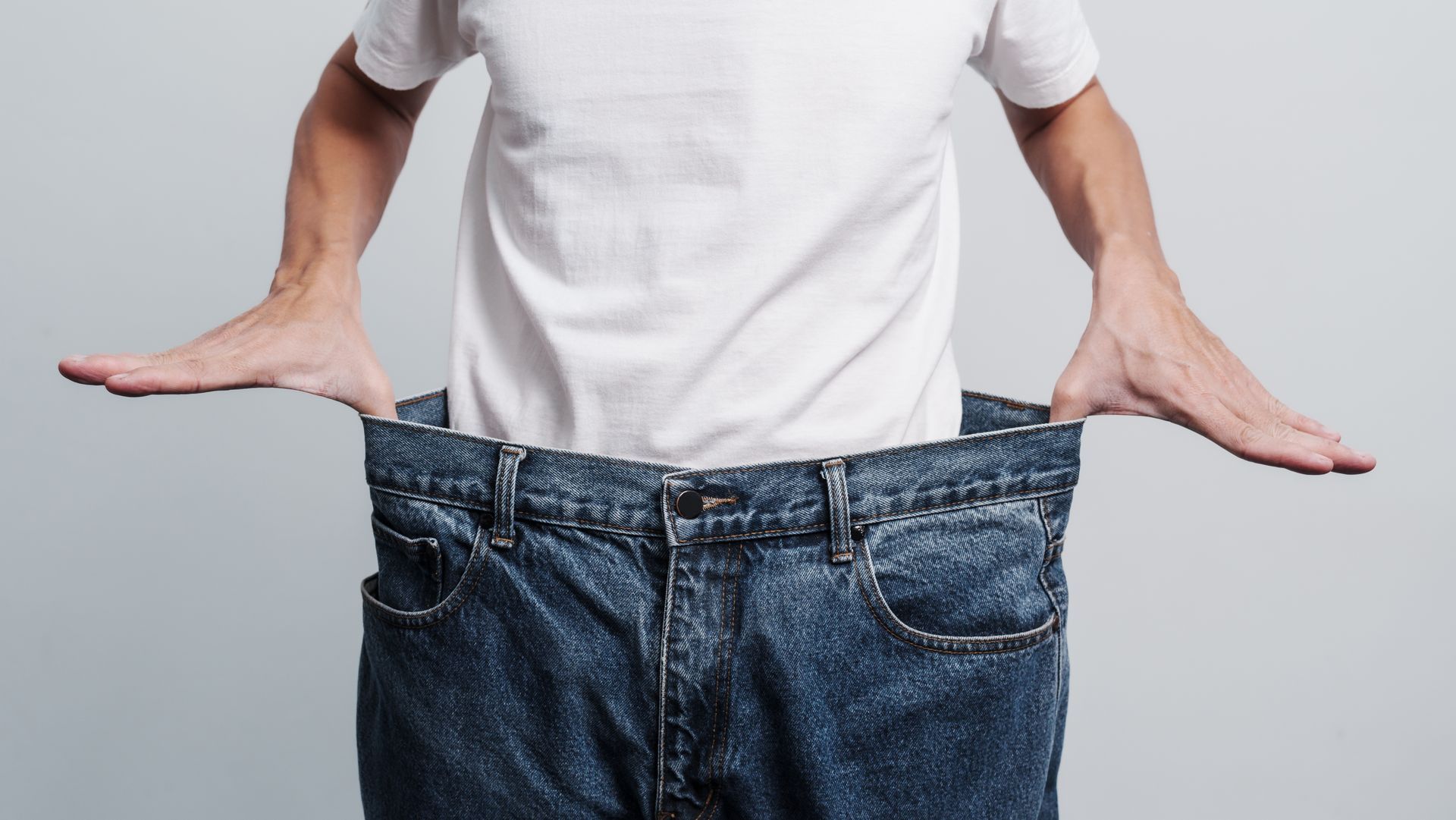Among The Sleep: Sleeping and Hormones

Everyone knows we need sleep. To some, it’s a biological waste of time that interferes with their fun and work, to others it’s literally the best part of the day. There’s a bit of mystery surrounding sleep – for example, scientists don’t even know why we actually need sleep (so, make that a lot of mystery). Aristotle believed it to simply be a state our body falls into that rests our body and mind. While we now know this to essentially be true, in the past century we’ve learned that sleep is so much more – and so much more important – than we ever believed before. And we’re getting less of it.
A sleep, divided.
According to surveys taken in 1960 of 1 million people, the modal amount of sleep was between eight and nine hours. In surveys taken in 2000, 2001, and 2002, the average amount of sleep was just around seven hours. That’s a solid 1-2 hour drop by the end of the century! These numbers are expectedly worse today than ten years ago, as our technology-fueled 24-hour society now dictates our sleeping patterns. The real question now is, “what are we losing other than just sleep?”
 To answer that fully, we’ll need to understand what benefits sleep brings us first. A very interesting function sleep serves us is to organize, consolidate, and solidify our memories. Our brains can effectively be referred to as computers, but the allegories don’t stop there. Our everyday events and experiences that come to us through our senses, no matter how mundane, are actually a barrage of information that the brain must process, which amounts to roughly 34 GB of information
a day. This doesn’t sound like a lot at first glance, but when added up amounts to quite a bit indeed, as that much info would overload a laptop in a couple weeks. Keep in mind, this is just a regular day! By the end of the year, that’s over 12 terabytes of information, and even then that’s just on our mundane, average experiences! There’s much more to be said about students in college or professions that require lots of passing of information daily.
To answer that fully, we’ll need to understand what benefits sleep brings us first. A very interesting function sleep serves us is to organize, consolidate, and solidify our memories. Our brains can effectively be referred to as computers, but the allegories don’t stop there. Our everyday events and experiences that come to us through our senses, no matter how mundane, are actually a barrage of information that the brain must process, which amounts to roughly 34 GB of information
a day. This doesn’t sound like a lot at first glance, but when added up amounts to quite a bit indeed, as that much info would overload a laptop in a couple weeks. Keep in mind, this is just a regular day! By the end of the year, that’s over 12 terabytes of information, and even then that’s just on our mundane, average experiences! There’s much more to be said about students in college or professions that require lots of passing of information daily.
Everything we experience needs to be processed and stored, and the sleep process is the major component of this. During sleep, in a process called consolidation, all of these memories begin to be transferred from our capable short-term memory to our much more ingrained long-term memory. That being said, it’s been shown that after people sleep, they tend to retain information better, as well as an increase in performance when confronted with memory-based tasks.
What’s that you said about hormones?
 Another surprising discovery is that sleep cycles can actually affect a person’s hormonal homeostasis. The pituitary gland, which is a vital organ in hormone release and balance, is heavily affected by sleep. Since hormones have some kind of influence all aspects of our health and happiness, you can see how important this can be.
Furthermore, sleep loss can actually affect your appetite!. It’s been studied that animals who experience long periods of sleep deprivation (keep in mind this doesn’t mean “no sleep at all,” but irregular and consistently shortened sleep patterns) actually have a markedly large increase in food intake. The potential here is that unhealthy sleeping patterns can routinely lead to unhealthy eating and overeating. This is due to a common appetite-suppressing hormone that is normally secreted at night not having a full chance to develop and be released in its entirety.
Another surprising discovery is that sleep cycles can actually affect a person’s hormonal homeostasis. The pituitary gland, which is a vital organ in hormone release and balance, is heavily affected by sleep. Since hormones have some kind of influence all aspects of our health and happiness, you can see how important this can be.
Furthermore, sleep loss can actually affect your appetite!. It’s been studied that animals who experience long periods of sleep deprivation (keep in mind this doesn’t mean “no sleep at all,” but irregular and consistently shortened sleep patterns) actually have a markedly large increase in food intake. The potential here is that unhealthy sleeping patterns can routinely lead to unhealthy eating and overeating. This is due to a common appetite-suppressing hormone that is normally secreted at night not having a full chance to develop and be released in its entirety.
Besides feeling groggy and sluggish and simply not your best, sleep deprivation can have many negative effects on the body. Sleep deprivation could have a medical reason behind it, however, and hormone changes can be both a catalyst and a result. Checking your hormone levels as we age becomes more and more vital to understanding our own health, needs, and happiness. Rejuvime Medical offers full panel testing for all important hormones. Like a car making a weird noise, don’t wait to find out the problem before it gets worse! Schedule an appointment today for a consultation with one of our qualified healthcare consultants.
For more information on hormone health, how they work, or to set an appointment, be sure to check out our website or call to speak to our health care providers.
Rejuvime Medical
Baton Rouge, La Office: (225) 960-1580
For more information on sleep and how it is processed:
The post Among The Sleep: Sleeping and Hormones first appeared on Rejuvime Medical.
Get in Touch
Questions? Contact us today by phone or book an appointment online.
Questions? Call our office:
(225) 228-3128





